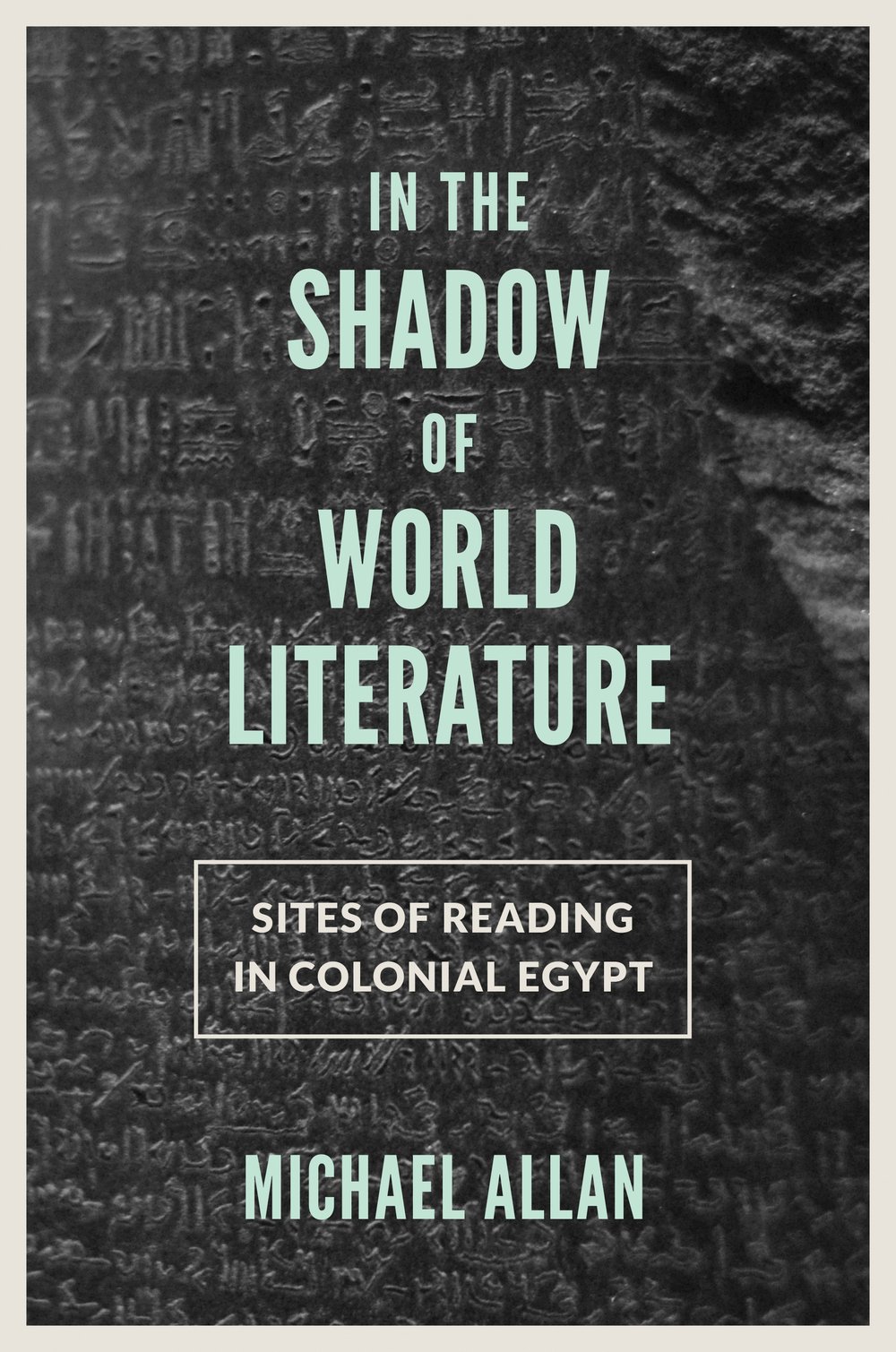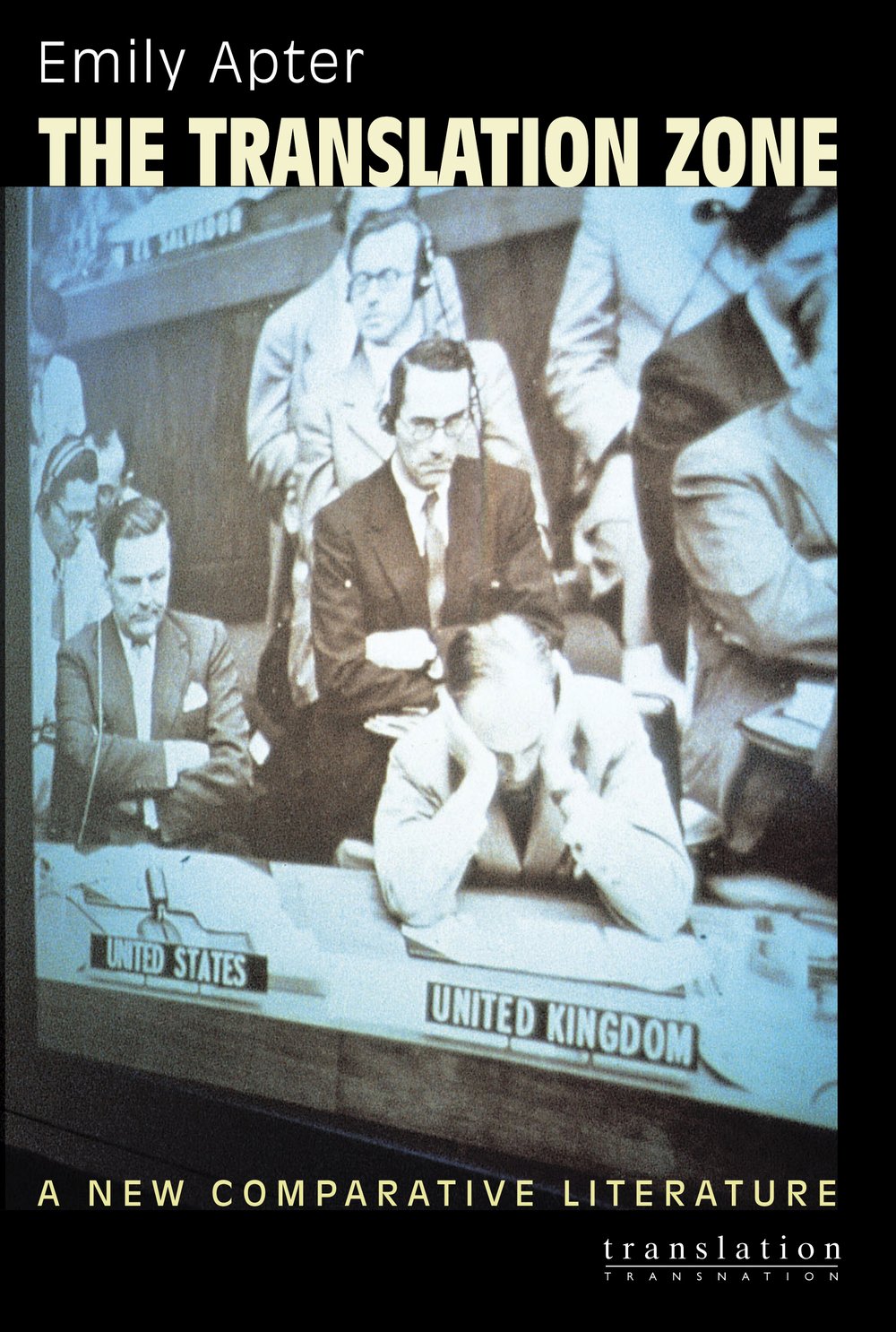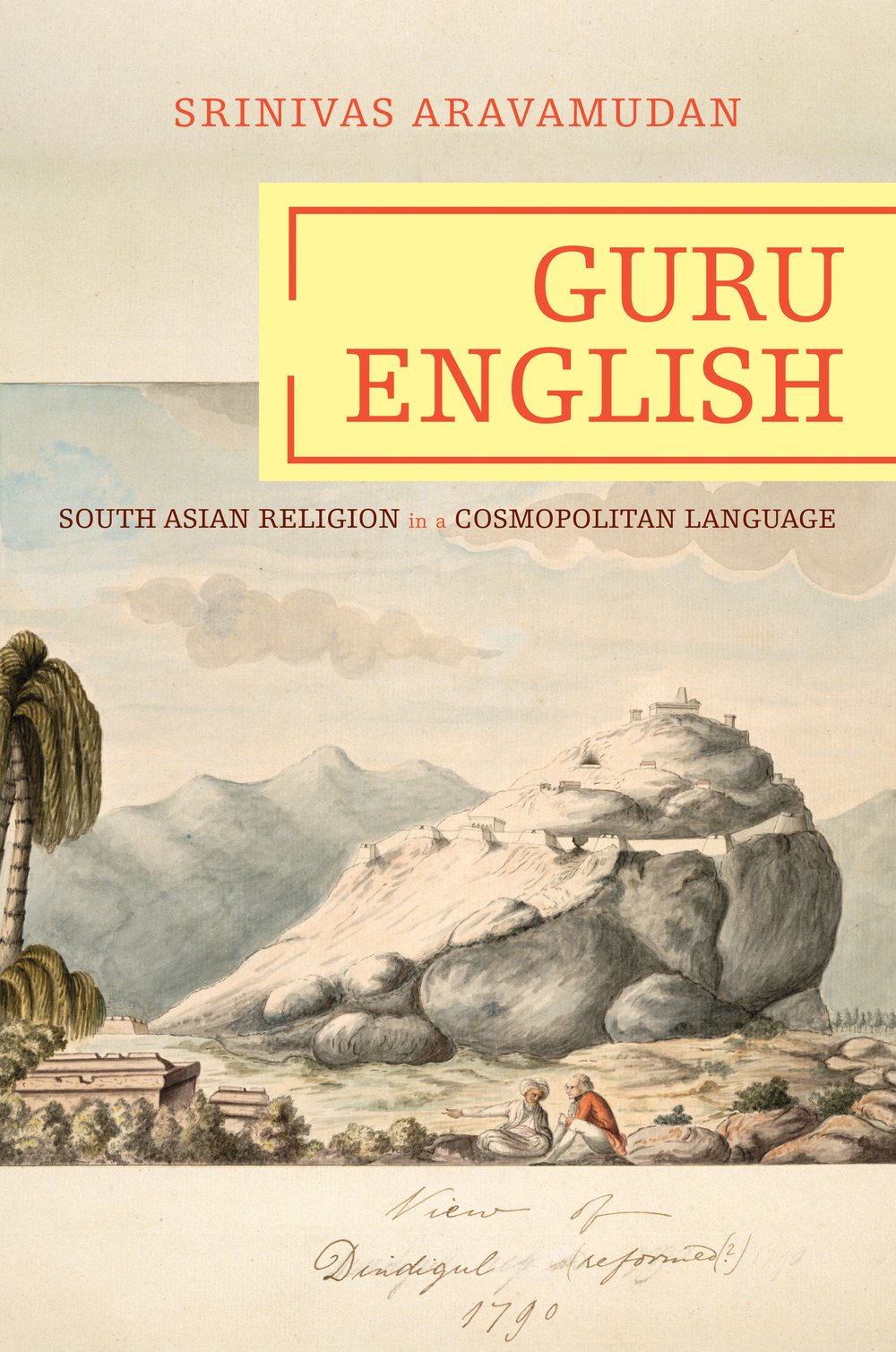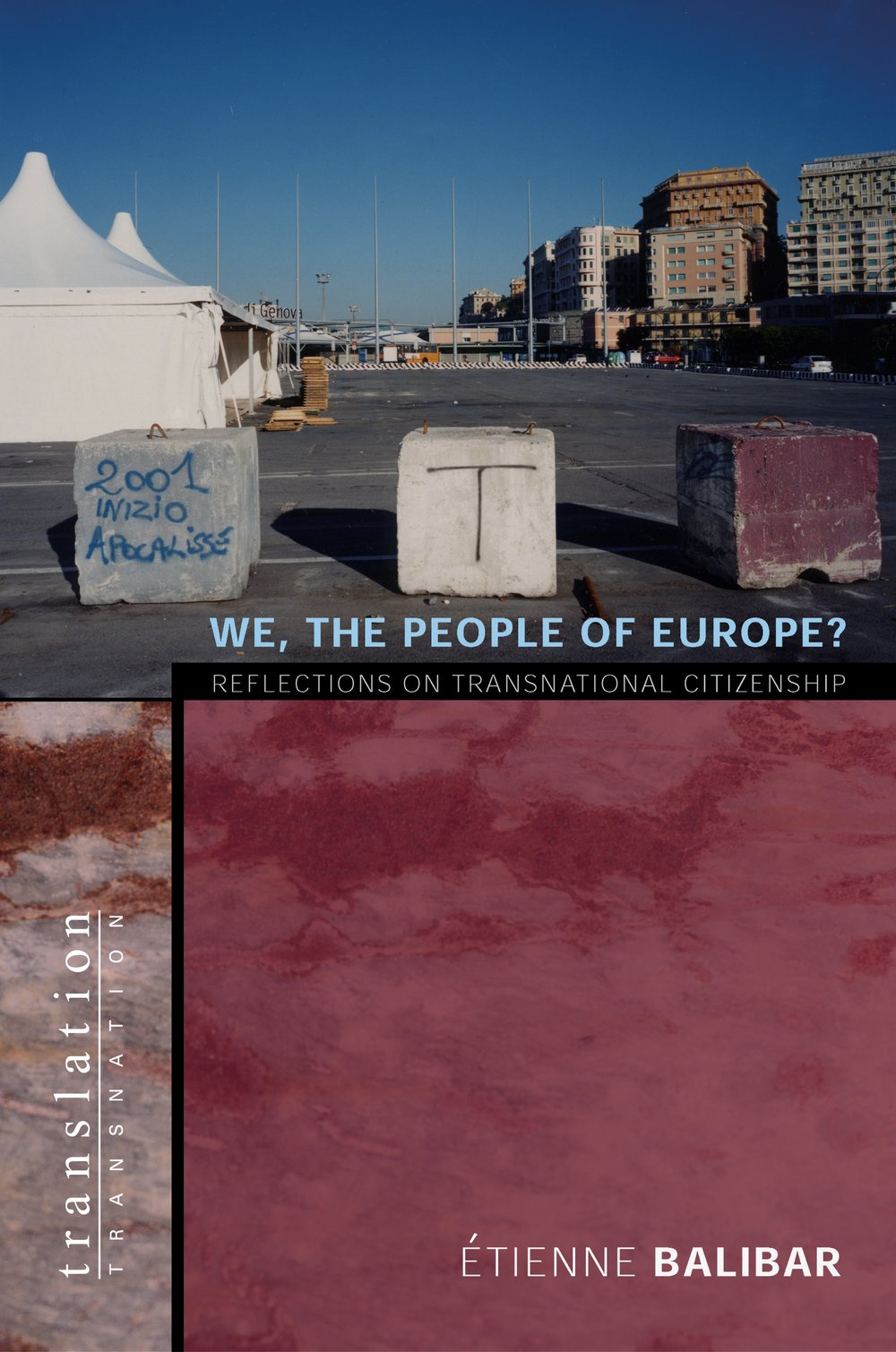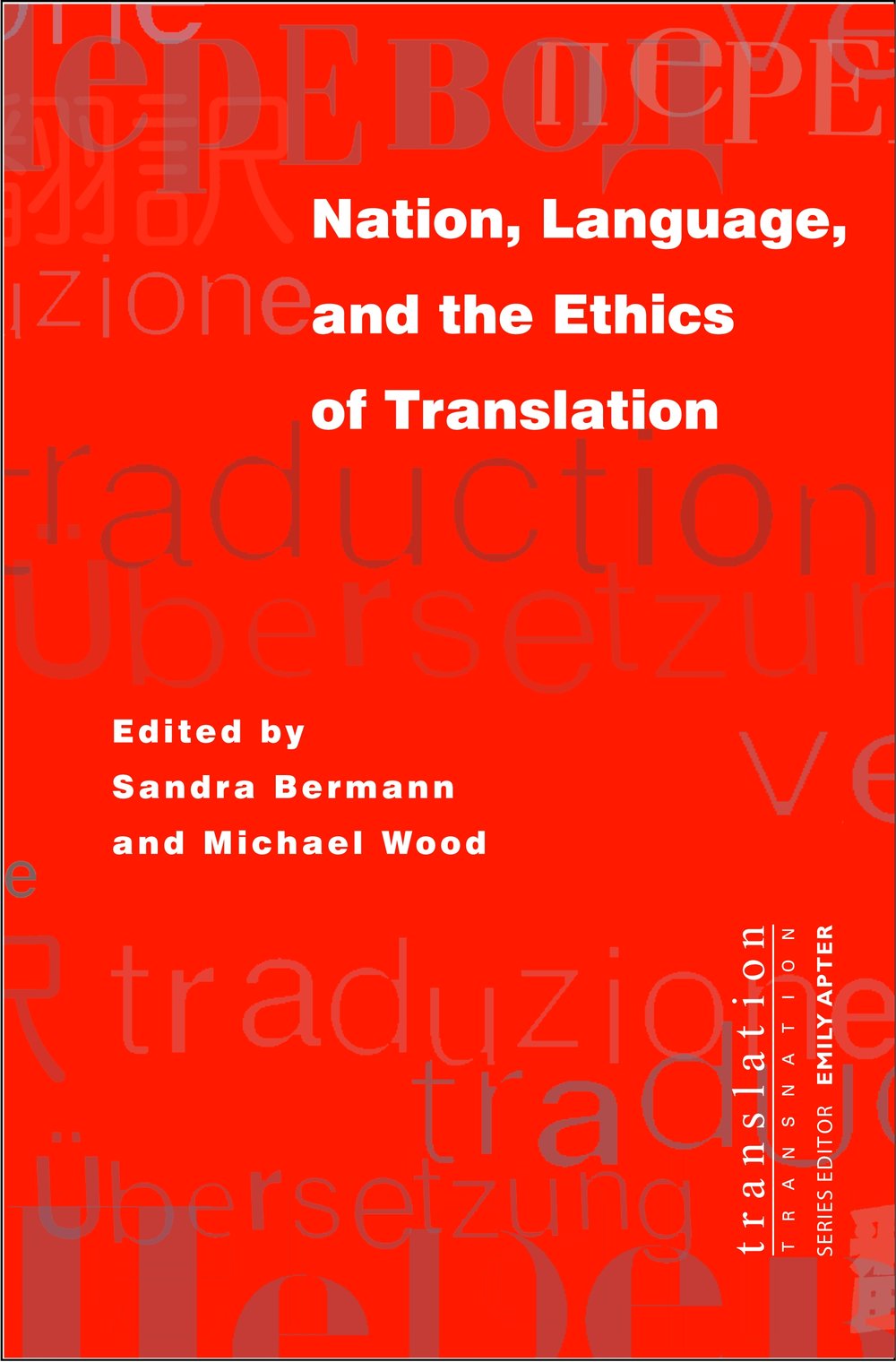Experimental Nations
Or, the Invention of the Maghreb
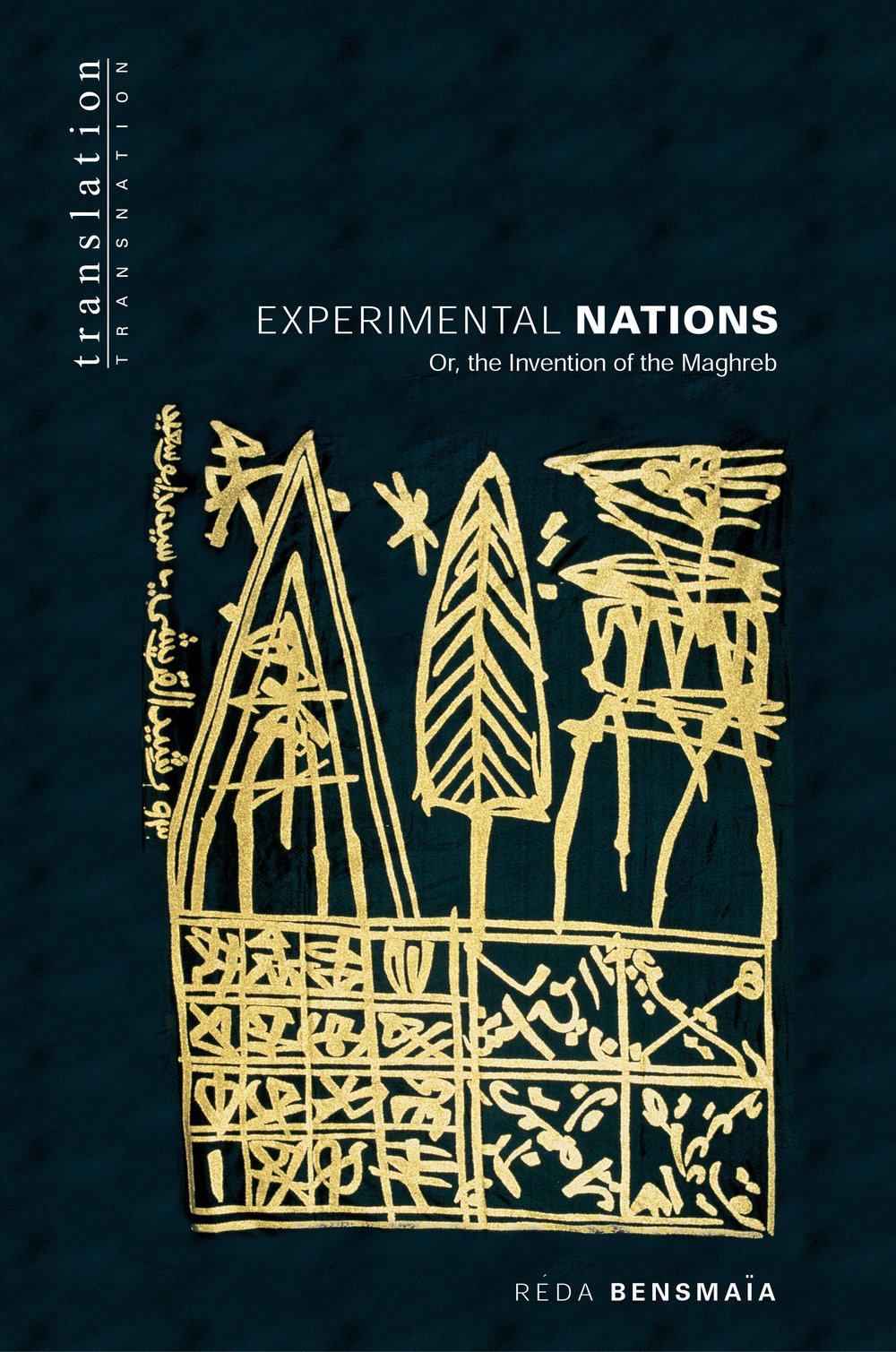
Jean-Paul Sartre's famous question, "For whom do we write?" strikes close to home for francophone writers from the Maghreb. Do these writers address their compatriots, many of whom are illiterate or read no French, or a broader audience beyond Algeria, Morocco, and Tunisia? In Experimental Nations, Reda Bensmaia argues powerfully against the tendency to view their works not as literary creations worth considering for their innovative style or language but as "ethnographic" texts and to appraise them only against the "French literary canon." He casts fresh light on the original literary strategies many such writers have deployed to reappropriate their cultural heritage and "reconfigure" their nations in the decades since colonialism. Tracing the move from the anticolonial, nationalist, and arabist literature of the early years to the relative cosmopolitanism and diversity of Maghrebi francophone literature today, Bensmaia draws on contemporary literary and postcolonial theory to "deterritorialize" its study.Whether in Assia Djebar's novels and films, Abdelkebir Khatabi's prose poems or critical essays, or the novels of Nabile Fares, Abdelwahab Meddeb, or Mouloud Feraoun, he raises the veil that hides the intrinsic richness of these artists' works from the eyes of even an attentive audience. Bensmaia shows us how such Maghrebi writers have opened their nations as territories to rediscover and stake out, to invent, while creating a new language. In presenting this masterful account of "virtual" but veritable nations, he sets forth a new and fertile topography for francophone literature.

Réda Bensmaïa is University Professor of French Studies and Comparative Literature at Brown University. He is the author of The Barthes Effect, The Year of Passages, and a novel entitled Alger ou la maladie de la mémoire.

